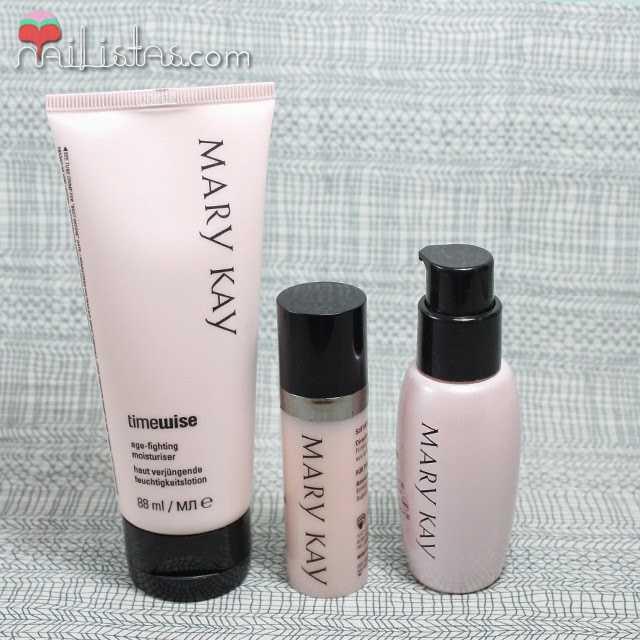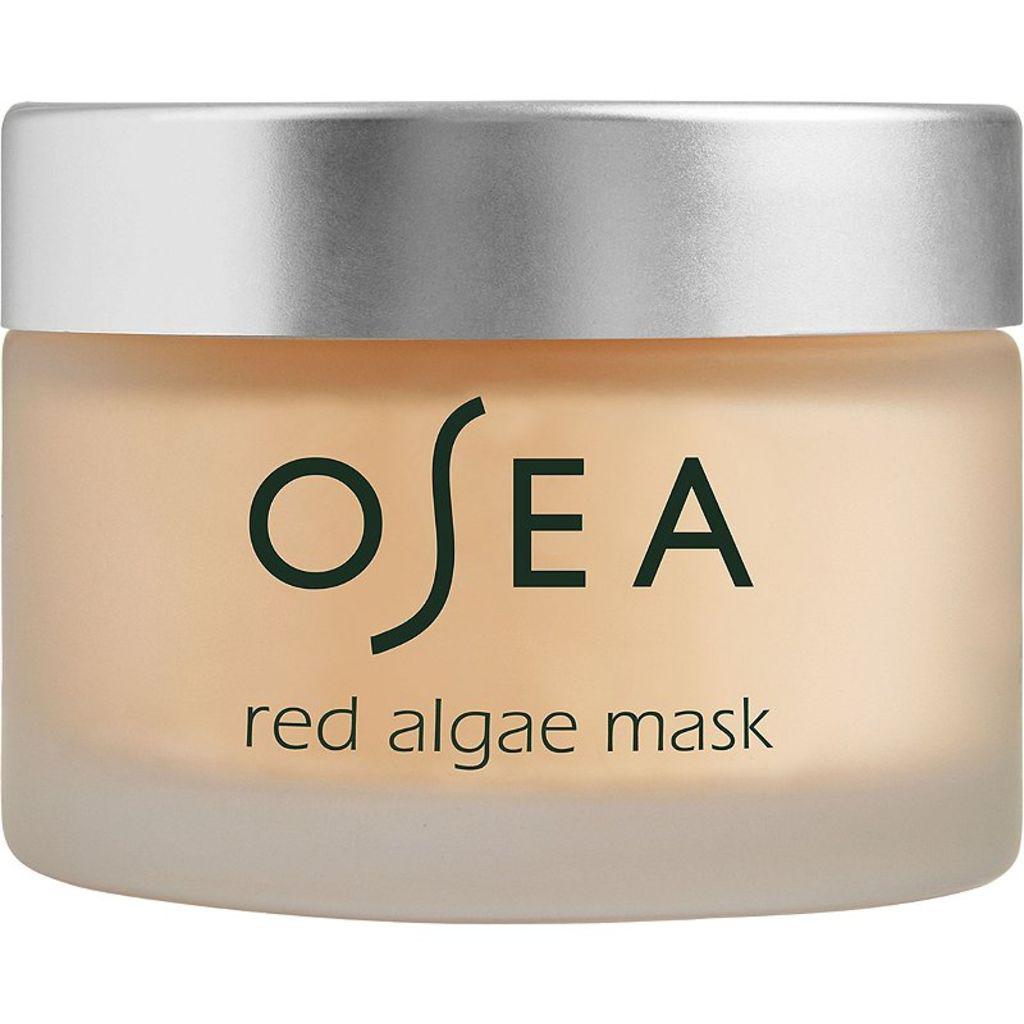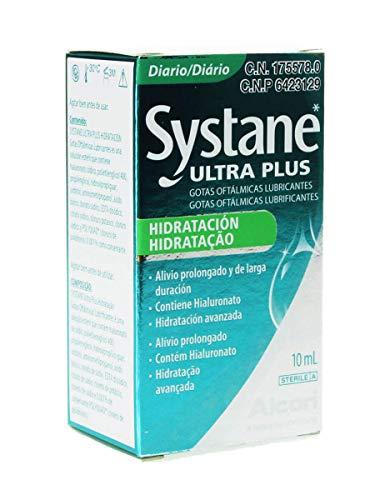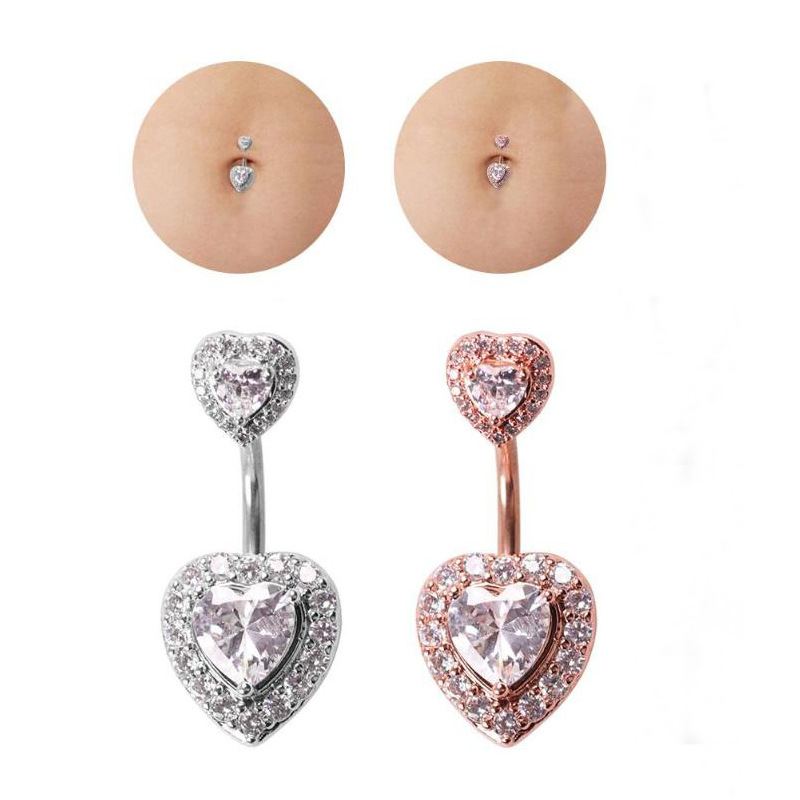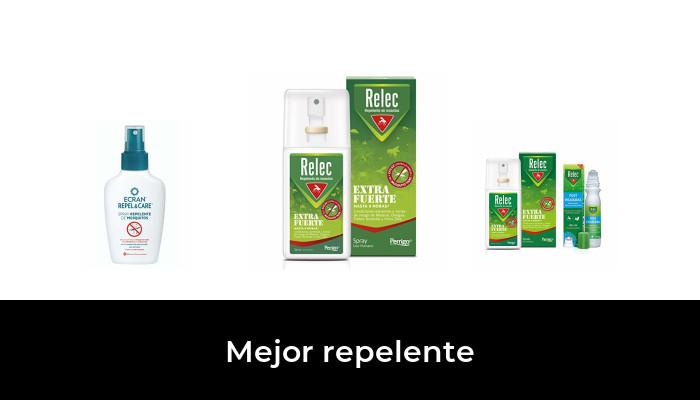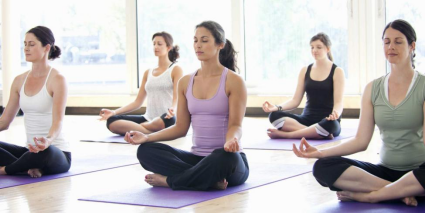Heat and masks, a combination that affects the skin
For two years, masks have become the symbol of the "new normal" imposed by the covid-19 pandemic, but it seems that the skin does not end up getting used to them.
And although it seems unlikely, the skin is one of the organs that is suffering the most from the consequences of the pandemic caused by the new coronavirus.
The injuries caused by the constant use of the mask every day are on the rise: itching, rashes, acne, spots, ceborrheic dermatitis, rosacea, rashes and allergies are just some of the complications. Even people with normally healthy skin may notice an increase in blackheads, pimples, and irritations.
For Dr. Jaclyn Guardia, clinical, surgical and cosmetic dermatologist at the Mediskin Clinic, these problems are due to various factors related mainly to occlusion (closed area), humidity and the materials with which the masks are made.
"These conditions can also be presented for the first time or trigger pre-existing conditions," the expert clarified.
'Velas de miel': The Chirican enterprise that combines ecology and crafts
Terror of mathematics: what is behind it and how can it be combated?
Orange gold: how is citrus production in northern Penonomé?
The use of a mask is mandatory in public places and highly recommended anywhere it is not possible to keep your distance as a biosecurity measure. This circumstance, together with the arrival of heat, will surely multiply the irritations associated with the use of the mask.
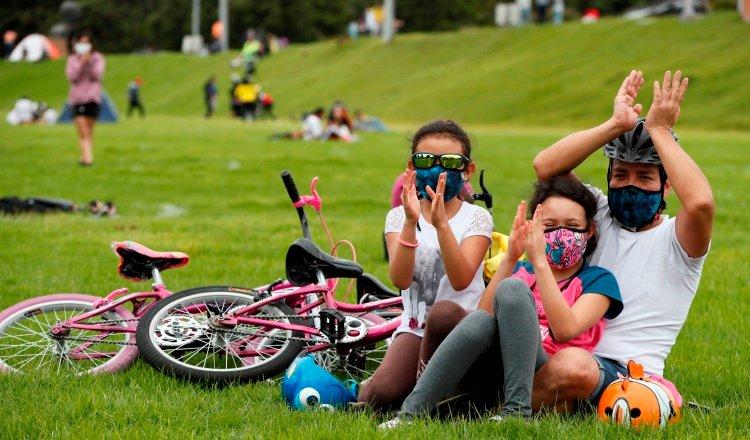
For this reason, the specialist recommends that in summer you have to take into account that if you sweat and the mask gets wet, you have to change it and discard it immediately. The time should also be reduced to being in environments that have a high degree of humidity, are very hot or are not well ventilated.
SEE ALSO: Tax fraud case denounced by the National Customs Authority is elevated to a complex cause
What to do?
Nothing should be an excuse for avoiding the mask in open spaces where it is required to wear it. Here are some tips from the expert so that the skin is not affected by the high temperatures with the arrival of summer:
-Use skin care products that are light and fluid in texture.
Ifarhu: Pending disbursements of the U-Pass will be made starting today
The decree that establishes the extension of the digital voucher is published in the Official Gazette
-Use the least amount of products, the main ones would be moisturizer (protects from possible breakouts) and sunscreen.
-Change the mask every 4 hours, since it can accumulate residues that can clog the pores.
-If possible and safely, rest the face from the mask every two hours.
-Avoid wearing heavy makeup as much as possible.
-Reduced skincare routine during the day.
-Adequate cleansing of the face at the end of the day to remove residue and filaments from the mask.
-If you wear make-up, perform a double cleanse consisting of a make-up remover and then your regular skin cleanser.
-Avoid touching your face.
-If you have a history of any skin condition, it is important to keep it under control.
-Consult a dermatologist promptly in case of persistent lesions.
-You have to drink enough water.
-Wear appropriate clothing, cotton and light colors to reduce the sensation of heat.
SEE ALSO: One of the suspects involved in the attack against two police units in Capira is captured
Which mask is less hot?
For those who wonder if there are masks that are less hot, the answer is no.
Guardia explained that when choosing masks it is very important to take exposure and protection into account. However, any mask can cause flare-ups, especially in patients with a pre-existing condition. "Personally, I like the KN94 as it has less surface contact with the skin," he added.
A very important detail that must be taken into account is that during the confinement we have been less exposed to the sun, this has the consequence that the skin has produced little melanin and is not as protected as in previous years to make it against these sunny days. This means that the skin is more vulnerable to the harmful action of the sun's rays.
Consequently, to the above, it is necessary to use sunscreen with a high index (better 50 than 30) and spread it all over the face 30 minutes before putting on the mask or exposing yourself to the sun. This should be reapplied every two or three hours; even less, since rubbing the mask can remove the cream more easily than if the skin is exposed to air.
On the other hand, there is the fact that surgical masks are made of cellulose or polypropylene, materials that do not block the action of the sun's rays, so the protection they offer is very low. To this we must add if it is in black, the masks only prevent the arrival of 5% to 10% of ultraviolet radiation to the covered area of the face.
Check out what's on our YouTube channel!

![47 best antiage nutritive cream in 2022 [based on 326 reviews]](https://website-google-hk.oss-cn-hongkong.aliyuncs.com/drawing/article_results_6/2022/2/27/1918fc37c66ad30564173e69d9df88a0.jpeg)
